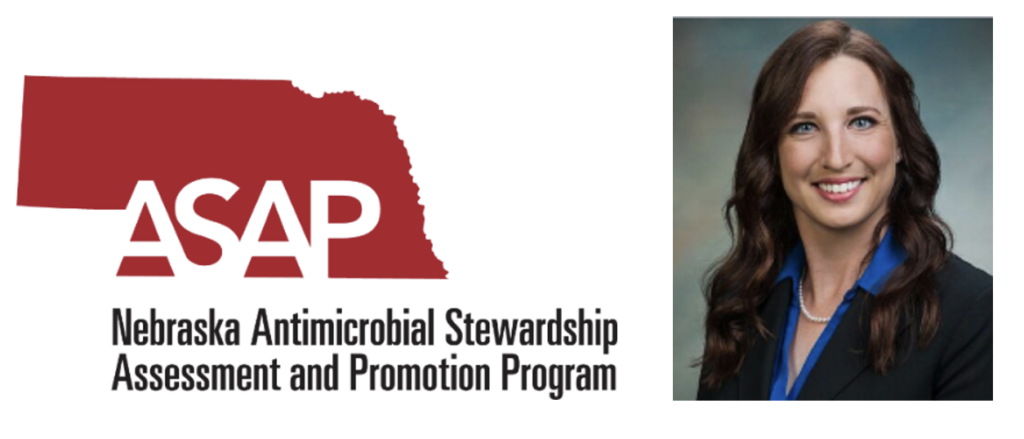This post is part of a series on Antibiotic Awareness Week 2022. For more information about how to manage a patient reported penicillin allergy, check out the full post on the Nebraska Antimicrobial Stewardship Assessment and Promotion Program (ASAP) blog.
Patient reported antibiotic allergies present clinicians with challenging decisions at the point of prescribing. Approximately half of all patients admitted to the hospital receive antibiotics, and 25% of inpatients who require antibiotics report at least one antimicrobial drug allergy. Specifically, penicillin (PCN) allergy is reported in up to 10% of the general population and up to 16% of inpatients.
Patients with reported PCN allergies often receive more costly and broad-spectrum antibiotics than patients without these reported allergies. Furthermore, many patients with reported PCN allergy are not receiving drugs, such as later-generation cephalosporins and carbapenems, that are safely tolerated despite a PCN allergy.
A 2022 update to the Practice Parameter Update in Drug Allergy is now available from the American Academy of Allergy, Asthma, and Immunology (AAAAI) and the American College of Allergy, Asthma, and Immunology (ACAAI).
Visit the Nebraska ASAP blog to learn more about how to manage a patient reported penicillin allergy.

Written by Jenna Preusker, Pharm.D., BCPS
Nebraska ASAP Pharmacy Coordinator